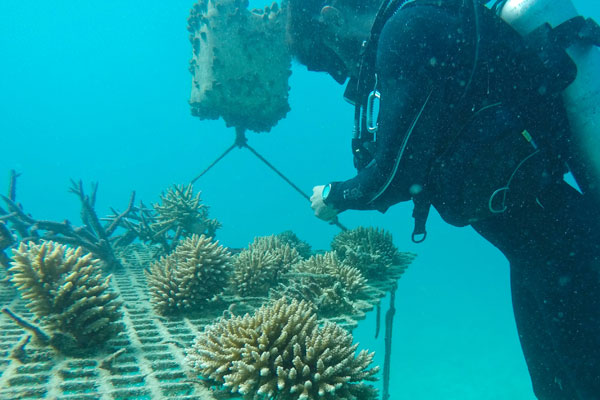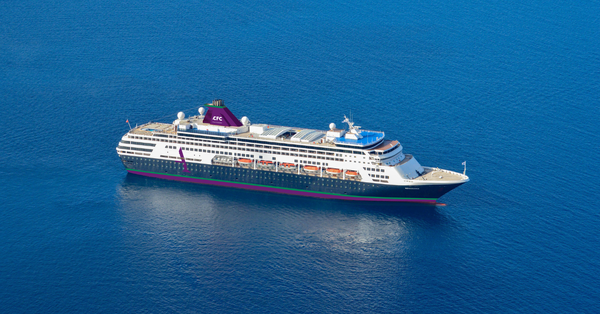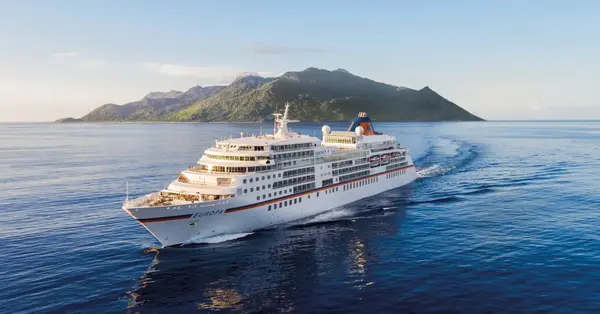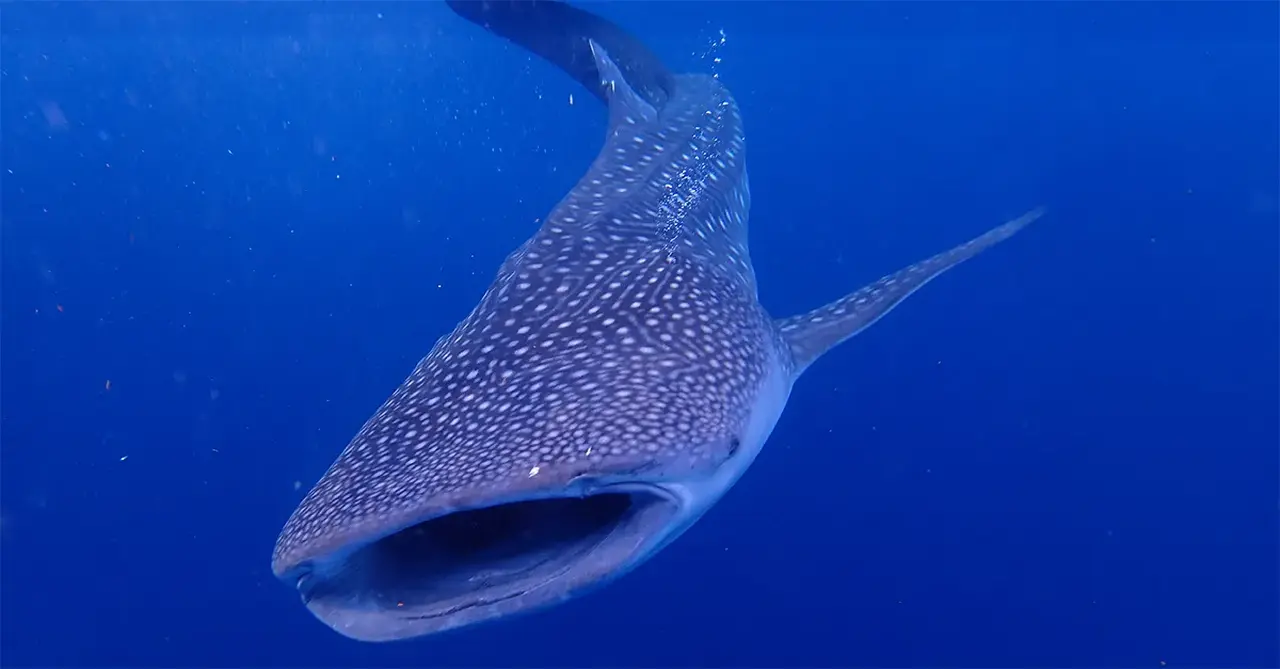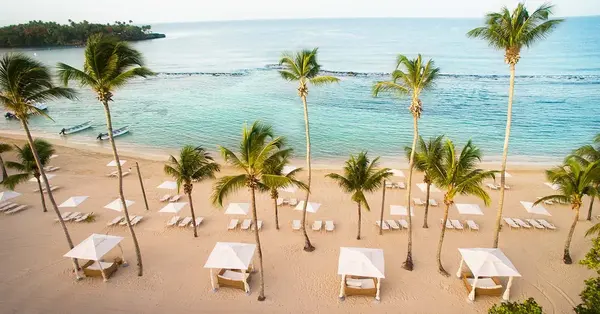You are viewing 2 of your 2 free articles
Five of the best sustainable projects around the world
While travel wound down in 2020, these conservation and community projects kicked up a gear, finds Katie McGonagle.
Click here to download and save as a PDF.
1. Coral planting on the Great Barrier Reef
Husband-and-wife team Perry Jones and Taryn Agius, owners of Cairns Premier Reef & Island Tours, are among a group of five reef operators and scientists helping to replant coral damaged by cyclones, bleaching or rough waves. After a pilot study in 2019, the team has extended the project to other sites along the Great Barrier Reef this year, boosting live coral coverage to rebuild this fragile ecosystem and using only the types of coral particular to that site, while also keeping crew members employed. The company operates two vessels, Ocean Free and Ocean Freedom, offering diving trips along the reef.

2. Growing your own food in Malaysia
An urban community garden in Seremban, near Kuala Lumpur, is among the projects supported this year by Exodus Travels’ Community Kickstart Fund, a grant of £10,000 plus more raised through customer donations, shared out across numerous projects worldwide. In Malaysia, Exodus tour leader Wye Wong saw friends and neighbours struggling with the economic impact of lockdown and helped establish a community garden so those living in the surrounding 360 high-rise flats could grow their own food and reduce rubbish going to landfill. The grant helped them build a rainwater harvesting system to make the garden more sustainable in the long term.
“Exodus tour leader Wye Wong saw friends and neighbours struggling with the economic impact of lockdown and helped establish a community garden.”

3. Tackling poachers in Zimbabwe
There have been many tales of wildlife thriving during lockdown, but the news hasn’t all been positive. The loss of tourist income in some of Africa’s most famous national parks has led to reports of increased poaching. That’s why camp operator Wilderness Safaris allocated emergency funding to the Scorpion Anti- Poaching Unit in Zimbabwe’s Hwange National Park, ensuring the group could continue to operate throughout this year despite the drop-off in tourism.
“Camp operator Wilderness Safaris allocated emergency funding to the Scorpion Anti- Poaching Unit in Zimbabwe’s Hwange National Park.”

4. Going carbon neutral in Costa Rica
This central American country practises what it preaches on sustainability, with 29% of its energy coming from renewable sources and plans in the pipeline to reduce deforestation using data from the Google Earth Engine. One of the core elements of its recently announced Pura Vida Pledge is a focus on reducing carbon footprint, so the tourism board is working with the National Forestry Financing Fund to help visitors gauge the carbon emissions from their flight and offset them by donating to environmental projects around the country.
“The tourism board is working with the National Forestry Financing Fund to help visitors gauge the carbon emissions from their flight and offset them.”

5. Improving access to water in Jamaica
Washing your hands has never been more important than this year, and it’s now a lot easier for more than 200 infant and primary-school pupils in Jamaica thanks to a project run by the Sandals Foundation and The Coca-Cola Company to improve sanitation and implement sustainable water harvesting systems. A $50,000 grant was given to seven schools before the start of the current school year to ensure children have access to safe drinking water, clean toilets and hand-washing facilities.
“A $50,000 grant was given to seven schools before the start of the current school year to ensure children have access to safe drinking water.”
Read more
Why Zambia could be the perfect choice for a sustainable safari
Five of the best ethical initiatives worldwide
Responsible tourism: What’s the next big issue?

